Indonesia, an archipelago with a population of more than 270 million, faces major challenges in the management of water and waste resources. These challenges relate not only to public health and hygiene but also to environmental sustainability. This article aims to take an in-depth look at various initiatives that have been successfully implemented in Indonesia, highlighting the importance of technological innovation and cross-sectoral cooperation in addressing these environmental issues.
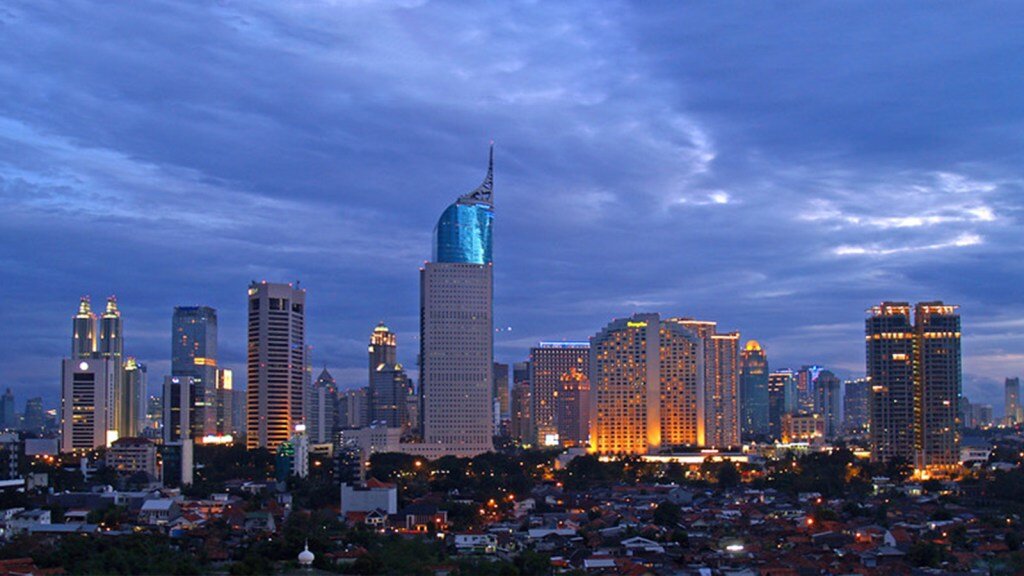 Context and Needs of Water and Sewage Treatment in Indonesia
Context and Needs of Water and Sewage Treatment in Indonesia
With rapid economic growth and urbanization, water and waste management issues are becoming increasingly complex. Indonesia faces challenges such as inadequate infrastructure, outdated treatment systems, and high levels of pollution. These conditions demand solutions that are not only effective but also sustainable to preserve public health and nature.
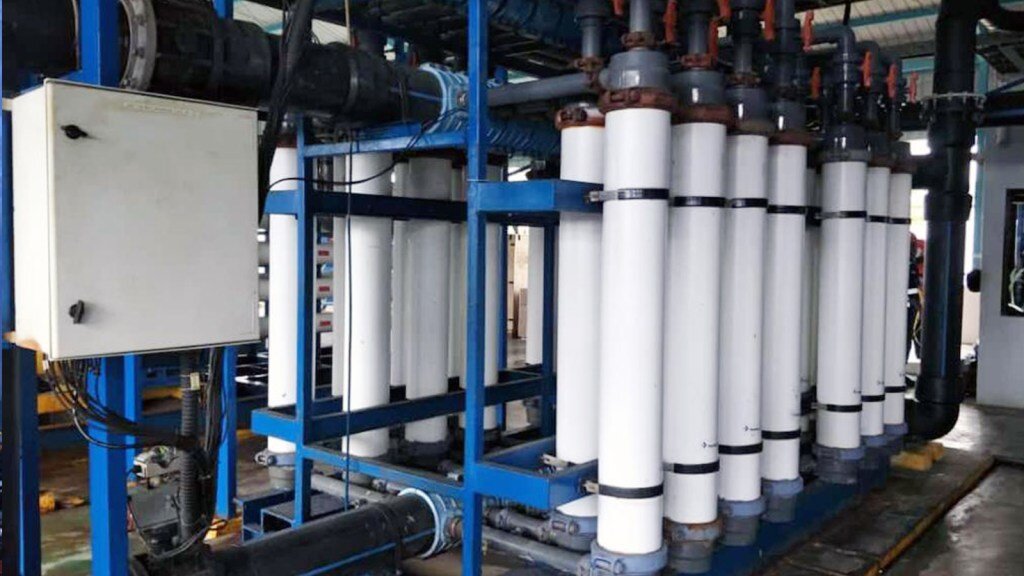 Recent Technology Solutions
Recent Technology Solutions
Modern technological developments have paved the way for more efficient and environmentally friendly water and sewage treatment methods. Innovations such as nano-filtration membrane technology, the use of microorganisms in biological treatment, and integrated wastewater treatment systems have played an important role in improving efficiency and reducing negative impacts on the environment. The application of these technologies in Indonesia has brought significant changes in the way we manage water and waste resources.
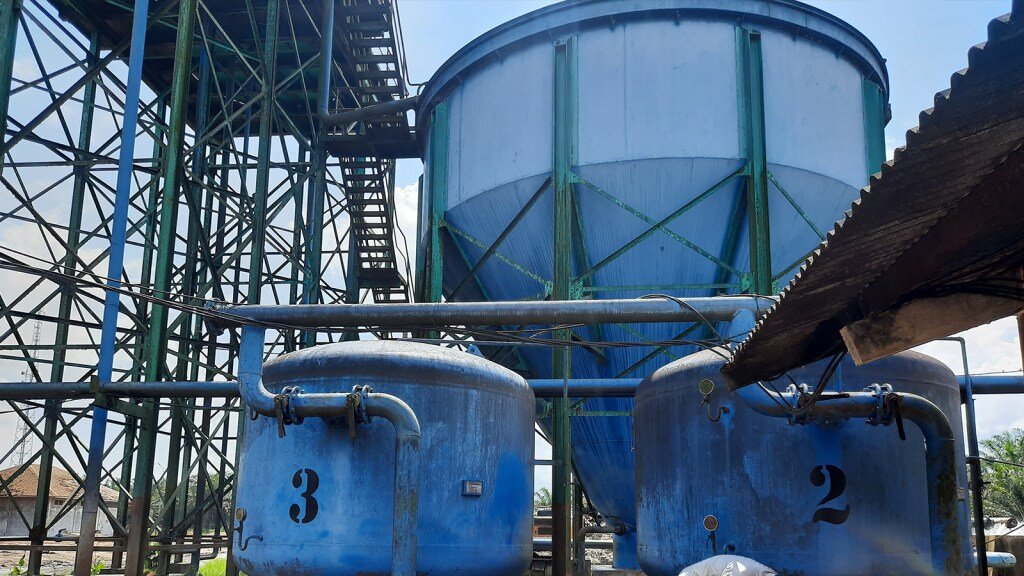 Implementation of Community-Based Solutions
Implementation of Community-Based Solutions
Community-level water and sewage treatment solutions have been key in addressing these issues in Indonesia. Initiatives such as clean water management programs in villages and community-based waste management projects in urban areas have shown how community empowerment can bring about positive change. These programs involve local communities in managing their resources, often with a sustainable and economical approach.
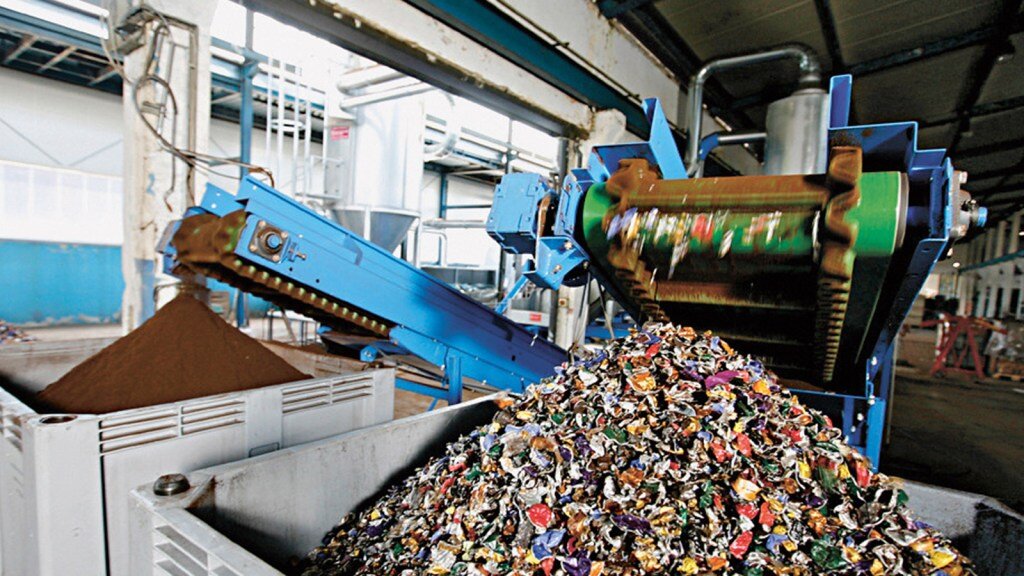 Industrial and Domestic Waste Management
Industrial and Domestic Waste Management
Industrial and domestic effluent management is another important aspect of water and waste treatment efforts in Indonesia. Efforts to reduce the negative impacts of industrial effluents, such as emission reduction and recycling programs, as well as more efficient domestic effluent management, are integral to Indonesia's effluent treatment strategy.
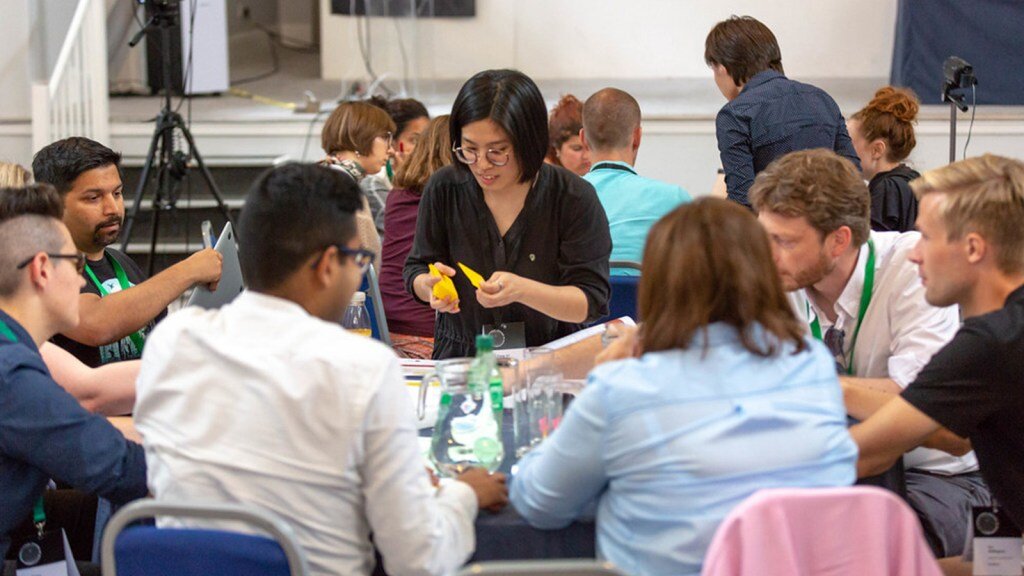 Cross-Sector Collaboration and Government Policy
Cross-Sector Collaboration and Government Policy
Collaboration between the public, private and community sectors is an important foundation in achieving the goal of sustainable water and waste management. Government policies that support technological innovation and investment in infrastructure, as well as cooperation with companies and NGOs, have strengthened these efforts. This multi-sectoral approach ensures that the solutions implemented are not only effective but also inclusive and sustainable.
Success Case Studies and Lessons Learned
Several successful case studies in different parts of Indonesia show how different solutions can be adapted to suit local needs. For example, water treatment projects in rural areas that utilize environmentally friendly technologies, or initiatives in major cities that integrate advanced technological solutions with community participation. The lessons from these case studies can serve as a guide in developing similar strategies in other areas.
For more information on water and sewage treatment solutions, or if you would like to participate in these efforts, contact us via Whatsapp or E-mail. We offer consulting and customized solutions to meet your specific needs in water and sewage treatment.
